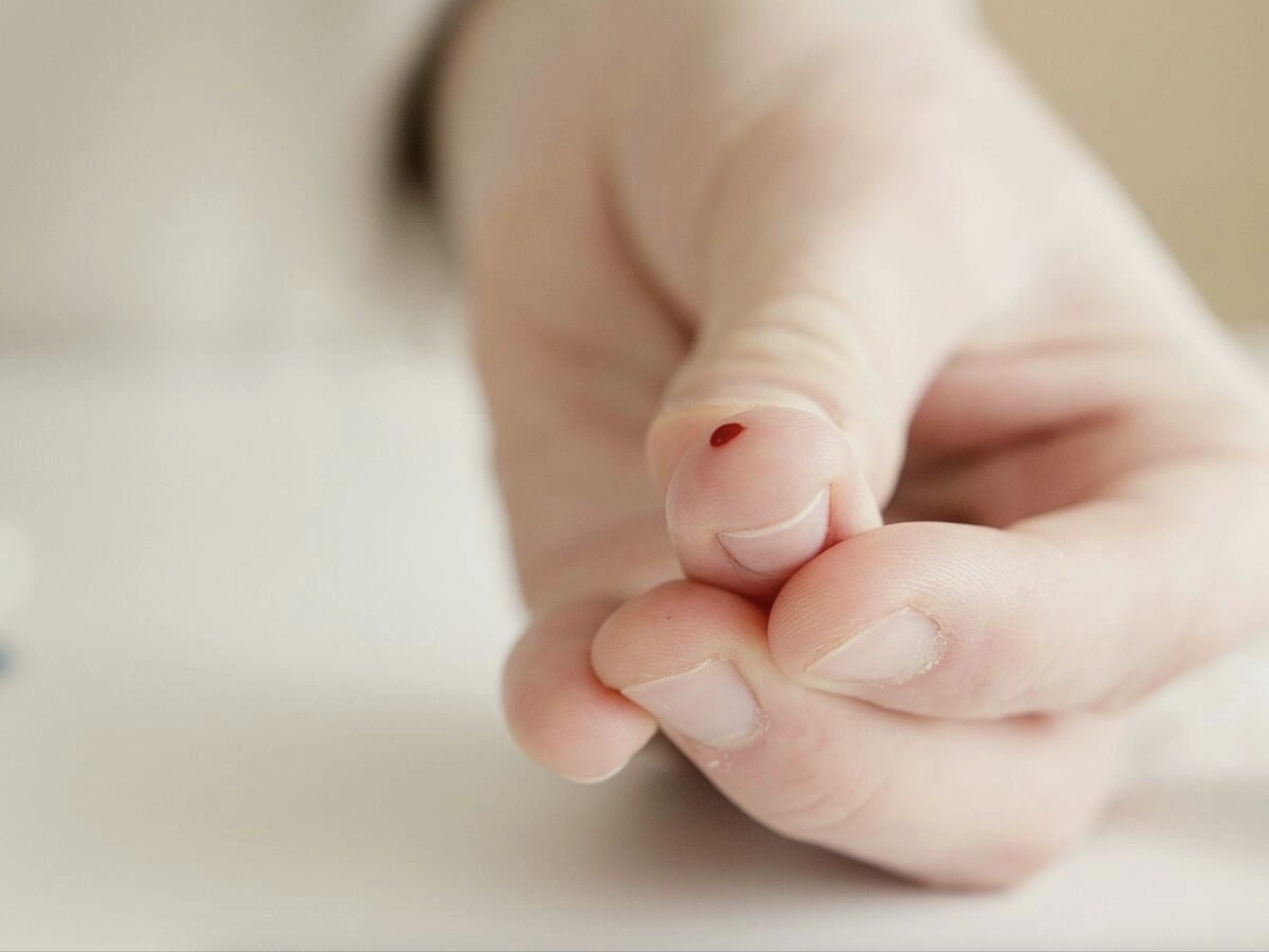Developed by scientists at the University of Arizona and published in the journal ACS Nano in mid-August, the $2 test boasts sensitivity tens of thousands of times greater than standard tests, promising to be a game-changer in global public health.
The NasRED technique operates on a simple yet effective mechanism. Gold nanoparticles coated with specific molecules (antibodies or antigens) bind to pathogen proteins in a fluid sample (blood, saliva). If a pathogen is present, the nanoparticles settle at the bottom of the test tube. A device then shines an LED light through the solution to measure its transparency, determining the presence of the disease.
 |
NasRED - a blood test technique that can detect dangerous diseases within 15 minutes with superior sensitivity. Photo: Pexels
Chao Wang, the lead researcher, stated that this technology combines the speed and convenience of rapid testing with high sensitivity, even surpassing laboratory tests. NasRED is about 3,000 times more sensitive than ELISA (a common testing method), requires fewer samples, and delivers results 30 times faster.
With its compact, easy-to-use design, and no need for specialized personnel or expensive equipment, NasRED has great potential for disease control, especially in remote areas or low-income countries. Infectious diseases are a leading cause of death for more than 10 million people each year globally, particularly in poorer nations. A fast, affordable, and portable test like NasRED could help frontline healthcare workers detect diseases promptly, preventing outbreaks and saving lives, the expert team noted.
While initial results are promising, the approval and commercialization of new medical technology is a long and complex process. In the US, the Food and Drug Administration (FDA) will review all data from clinical trials, assessing risks and benefits before granting marketing authorization. This process can take years, depending on the complexity of the technology and the device's necessity. It remains unclear when the research team will submit NasRED for FDA review.
My Y (According to Science Daily)












